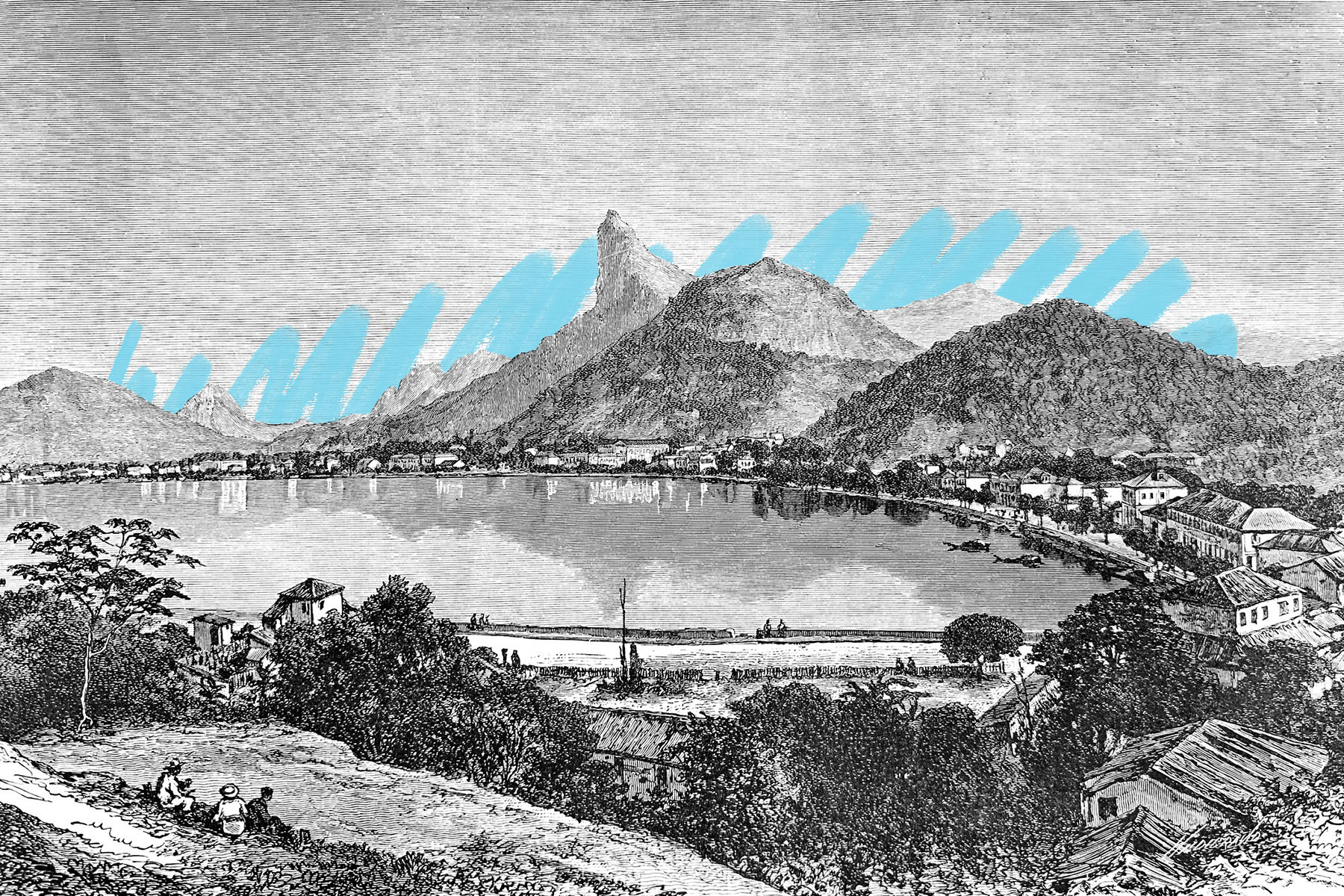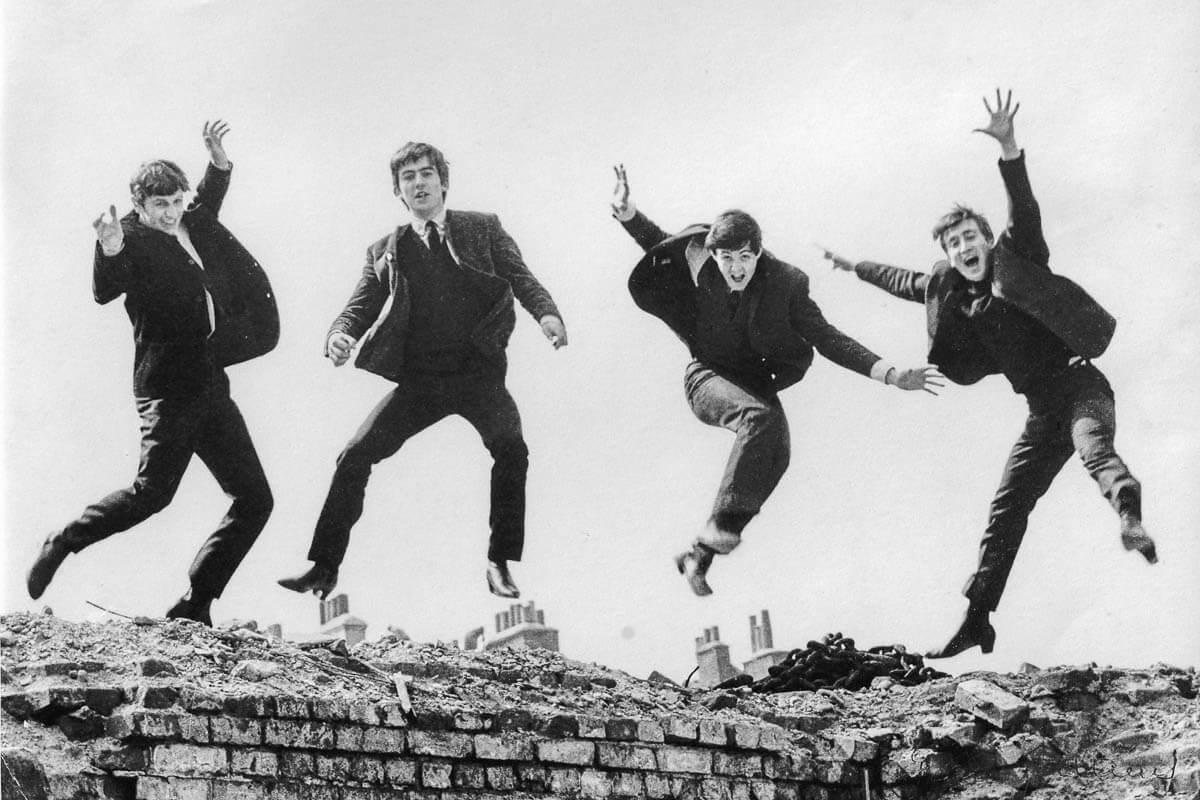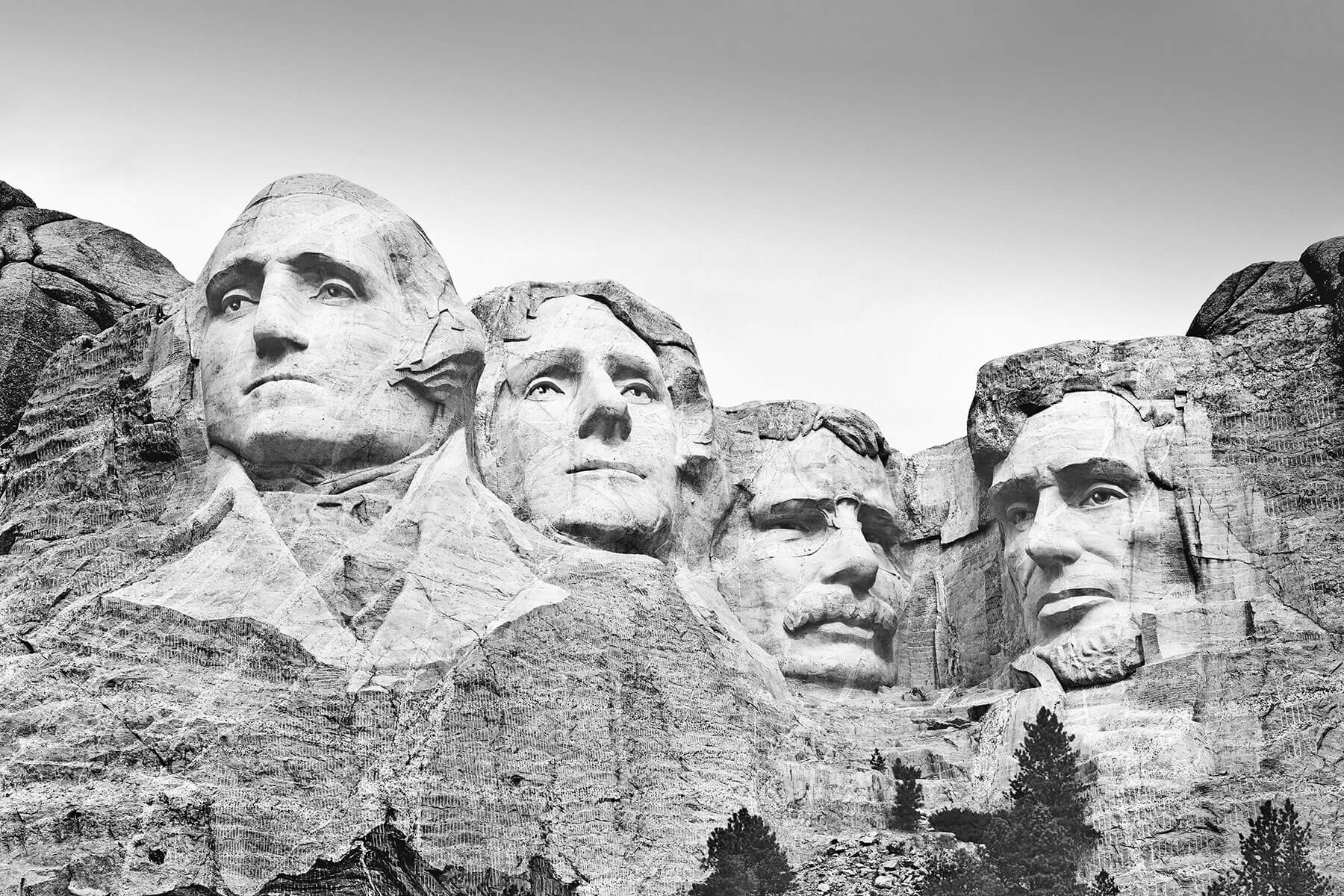 |
Rio de Janeiro was once a European capital. |
World History |
 |
| |
| Dom João transformed his new home into a bona fide political capital, outfitting the city with all necessary offices to run an empire, including a Supreme Court, Royal Mint, and Council of State. He also established the Bank of Brazil, one of the world's oldest continuously operating banks. When Napoleon suffered his famous final defeat at Waterloo in June 1815, it ended his threat to Portugal, but the royals remained in Brazil, and six months later, Dom João designated the dominions of Portugal as one empire under the "United Kingdom of Portugal, Brazil, and the Algarves." Brazil was given equal status to Portugal and was no longer considered a colony, and because Rio was the home of the monarchy at the time, it became the capital city of the entire kingdom. | |
| The prince ascended the throne as King John VI in 1816 and remained in Brazil until 1821, when he was forced to return to Lisbon due to civil unrest. His son Dom Pedro was tasked with presiding over Brazil. Around this time, the Portuguese parliament in Lisbon urged the monarchy to restore Brazil to its former dependent colonial status and for Dom Pedro to return to Portugal. In direct defiance, he remained abroad, as declared in his speech "Fico" ("I Am Staying"). He proclaimed Brazil's independence on September 7, 1822, and was crowned emperor on December 1; Rio de Janeiro served as the capital city of the newly independent country until 1960, when the city of Brasília took its place. | |
 | |
 | |||||||||
By the Numbers | |||||||||
| |||||||||
| |||||||||
 | |||||||||
| |||||||||
Portuguese colonists brought Carnival to Brazil. | |||||||||
| Brazil's Carnival is the world's most famous display of samba dancing, bringing together dance schools from around the country for lively annual performances. This tradition is now a staple of Brazilian culture, as millions of revelers take to the streets in feathered costumes to parade, sing, and, most notably, dance. The earliest recorded examples of the festival date to 1723 in Rio de Janeiro, where Portuguese colonists brought their tradition of holding pre-Lenten festivals to the colonial city. These early celebrations were ballroom-style parties featuring costumes, music, and entertainment, derived from an old, possibly pagan Portuguese festival called Entrudo. The festival evolved over the centuries, and today, Carnival is a fusion of traditions from several cultures, including those of the Indigenous people of Brazil, Portuguese immigrants, and the descendants of enslaved Africans. | |||||||||
 | |||
Recommended Reading | |||
 | |||
| | |||
 | |||
| | |||
| + Load more | |||
| |||
| |||||||||
| Copyright © 2024 History Facts. All rights reserved. | |||||||||
| 700 N Colorado Blvd, #513, Denver, CO 80206 | |||||||||
|





No comments:
Post a Comment